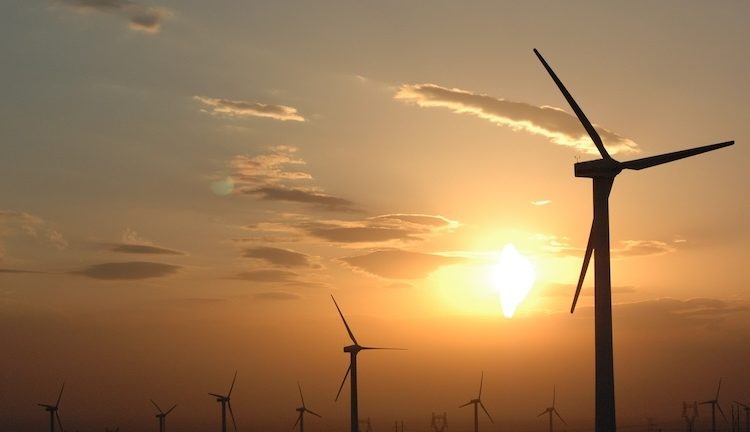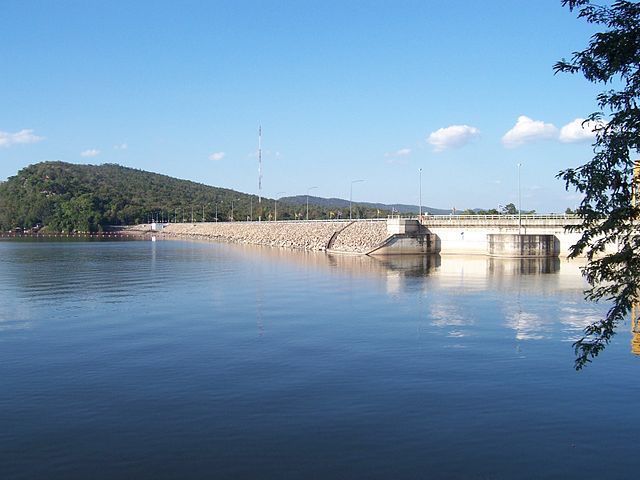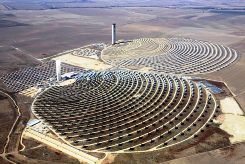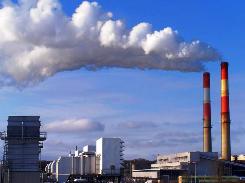By Kester Kenn Klomegah* MOSCOW | 14 July 2025 [IDN] — As global geopolitical dynamics evolve, Africa is anticipated to adapt accordingly. It has gone far, particularly with Russia, opening new directions in bilateral economic cooperation after their joint historic summits. It is also time to make critical appraisals of Russia’s policy towards Africa. By […]
Tackling global risks: how the financial sector can lead with impact
By Natalia Abril Bonilla and Lisa van den Hoven* AMSTERDAM | 12 May 2025 (IDN) — In 2025, it feels like we are in a period of declining optimism. As the recent World Economic Forum Global Risks Report set out, state-based armed conflict, extreme weather events, ‘fake news’ and falling trust – together with deepening […]
Wind and Solar Energy Make History in 2023
By Simon Evans and Dr Verner Viisainen The following excerpts from an article, issued by Carbon Brief, and being republished under a CC license LONDON | 23 June 2024 (IDN) — In 2023, wind and solar combined added more new energy to the global mix than any other source, for the first time in history, […]
UN-Backed IRENA Supports Climate Action and Sustainable Development
By Bernhard Schell DUBAI, United Arab Emirates | 28 January 2024 (IDN) — The lead global intergovernmental agency for energy transformation, the International Renewable Energy Agency (IRENA), which supports countries in their energy transitions, and provides state-of-the-art data and analyses on technology, innovation, policy, finance and investment, marked its 15th anniversary on 26 January. The […]
Zimbabwe & Ethiopia Sign Nuclear Energy Cooperation Agreements with Russia
By World Nuclear News BERLIN. 30 July 2023 (IDN) — Two more countries, Zimbabwe and Ethiopia, have signed agreements with Russia to cooperate on the peaceful use of nuclear technology on the sidelines of the Russia-Africa Economic and Humanitarian Forum in St Petersburg. The intergovernmental agreement between Russia and Zimbabwe—which follows a memorandum of understanding […]
Renewable Energy Can Sustain Growth in ‘Emerging Asia’
By Krishan Dutt | IDN-InDepthNews Analysis
KUALA LUMPUR (IDN) – The need for sustainable development, aligning multiple economic and environmental priorities, stressed by the leaders of the 21 Asia-Pacific Economic Cooperation (APEC) member economies, in their Manila declaration on November 19, has been reiterated in a new report that forecasts a robust growth for ‘Emerging Asia’ in 2015 and in the next five years.
Balancing Water And Energy Needs
By Bernhard Schell | IDN-InDepth NewsAnalysis
ABU DHABI (IDN) – Water is critical for producing power and the treatment and transport of water requires energy, mainly in the form of electricity. Even though the interdependency between water and energy is gaining wider recognition worldwide, water and energy planning often remain distinct. The tradeoffs involved in balancing one need against the other in this “energy-water nexus,” as it is called, are often not clearly identified or taken into account, complicating possible solutions, says Diego Rodriguez, a senior World Bank expert.
In 2013 alone, water shortages shut down thermal power plants in India, decreased energy production in power plants in the United States and threatened hydropower generation in many countries, including Sri Lanka, China and Brazil.
Huge Global Post-Harvest Losses Are Avoidable
By Bruce H. Rubin* | IDN-InDepth NewsViewpoint
LANSDALE, Pennsylvania (IDN) – In today’s world of growing populations and food needs, we are revisiting, with respect to agriculture, the old adage “Give a man a fish and he eats for a day; teach a man to fish and he eats for a lifetime.” However, too often in the developing world, we are letting the newly-educated man down by not providing him with infrastructure needed to save, sell, or transport what he grows.
India, Africa, Latin America and other developing regions continue to face crippling hunger and poverty rates. Despite the consistent production of agricultural products, the post-harvest loss rate for fruits and vegetables hovers around 40% and has remained there for years, undermining the ability of local farmers to feed their countrymen and develop exports. The total spoilage of post-harvest loss hovers around 1.3 billion tons.
Renewable Energy Can Pave the Path to Peace
By Hélène Connor-Lajambe* | IDN-InDepth NewsViewpoint
PARIS – The United Nations and other world agencies are geographically global in scope, but seldom seem able to work together on the same issue, however crucial it is, even when deep misery or armed conflicts ensue.
Climate change is the best example of the silo mentality within our highest institutions and most of our societies. It is only lately, for instance, that the World Bank has started to reconsider its funding of coal plants, and the International Energy Agency is at last making waves as it promotes energy efficiency while other agencies are still pushing the search for more oil reserves.
No More U.S. Money For Overseas Coal Plants
By Athena Ballesteros of World Resources Institute
IDN-InDepth NewsAnalysis
The U.S. Department of the Treasury issued on October 29, 2013 a policy document ending Washington’s support for multilateral development bank (MDB) funding for new overseas coal projects except in narrowly defined circumstances. Treasury Under Secretary for International Affairs Lael Brainard explained: “By encouraging the use of clean energy in multilateral development bank projects, we are furthering U.S. efforts to address the urgent challenges of climate change.” World Resources Institute’s Project Manager of International Financial Flows and Environment Project, Athena Ballesteros, analyses the significance of the initiative in a blog.










